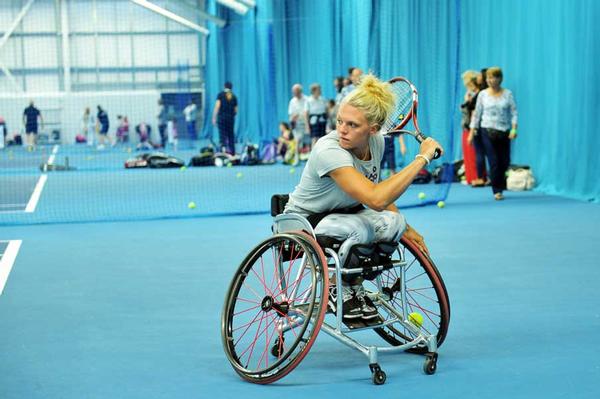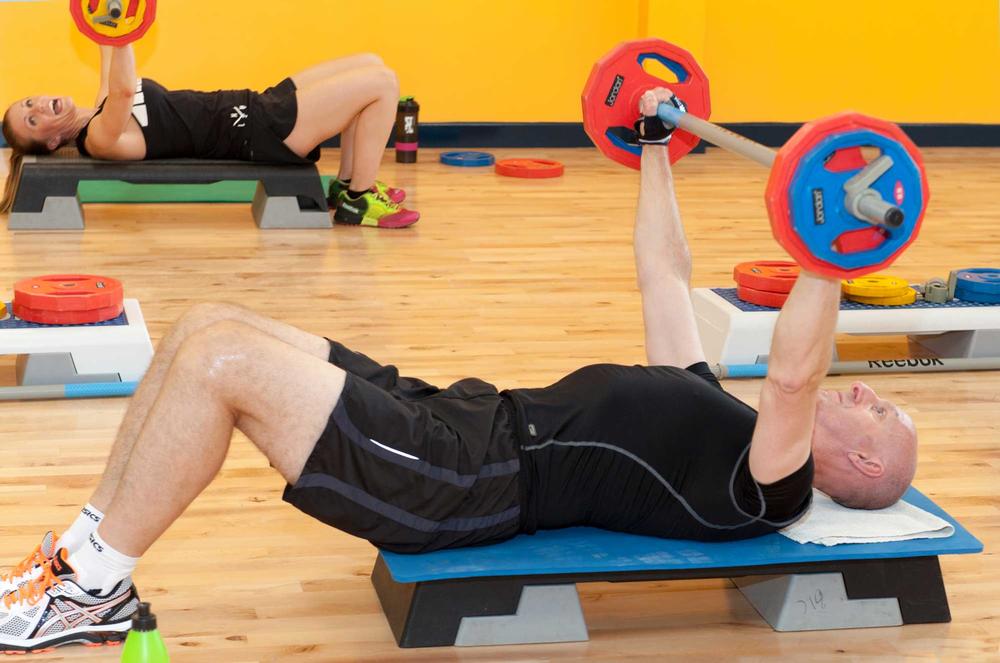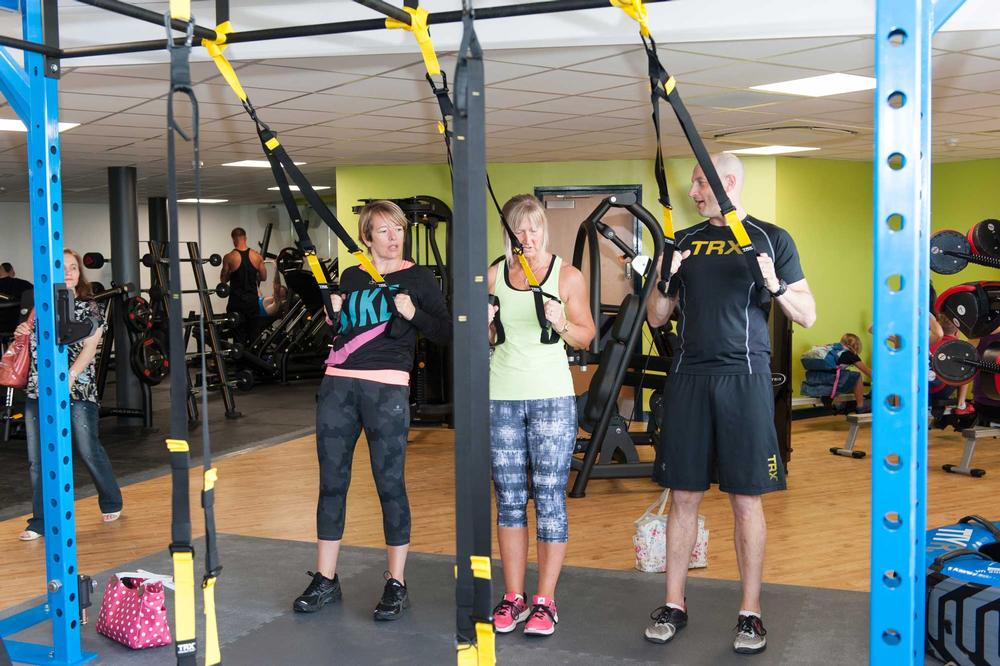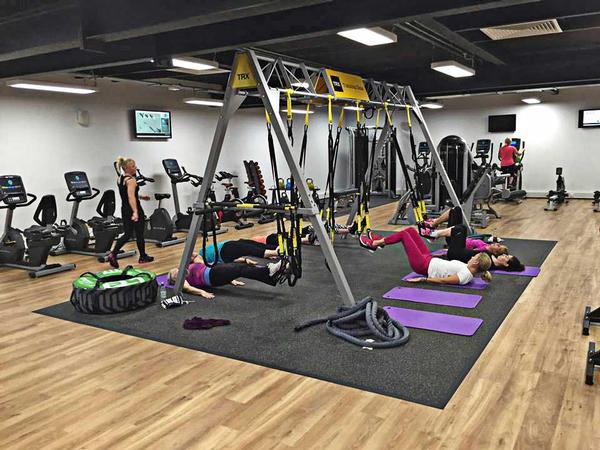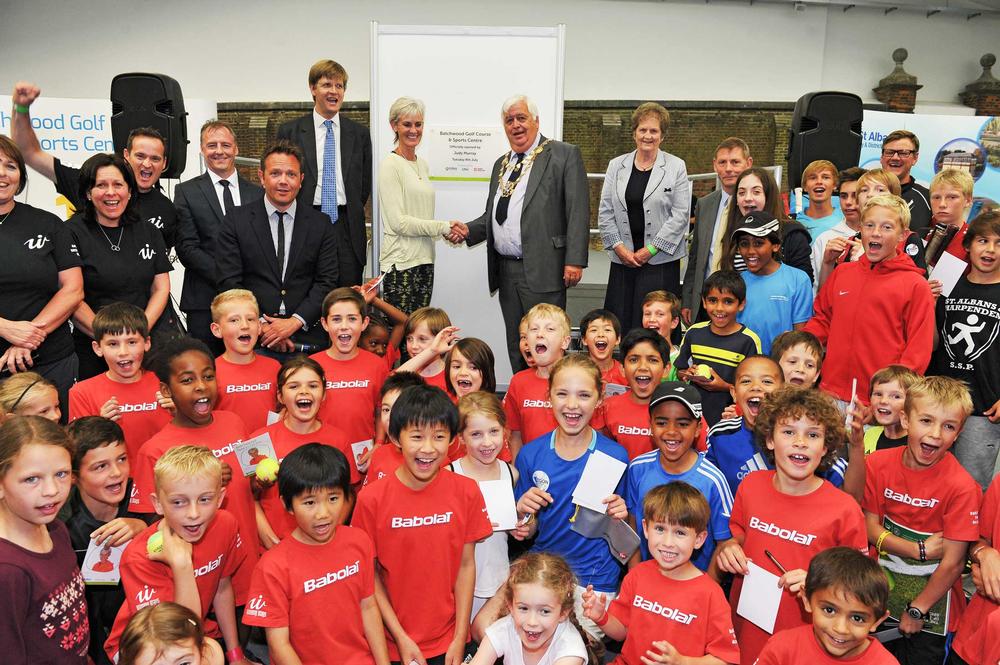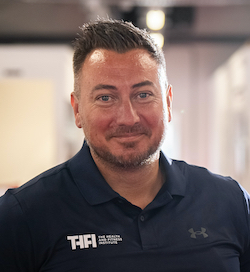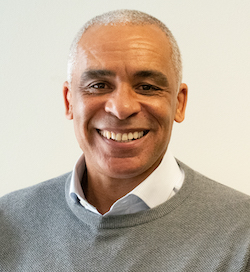How would you describe the 1Life journey over the last two and a half years?
We’ve seen a complete 360 degree turnaround which has realigned the company with its clients and built strong foundations to achieve future success. For many years, Leisure Connection faced financial and managerial challenges. We resolved our financial issues with a £11m refinancing of the business in 2013. We then needed a new brand, management team and vision to drive the company forward, and so, 1Life was born. 1Life is an aspirational brand that puts people – staff, customers and clients – at the heart of the business and encourages everyone to pursue their passions through health & wellbeing, sport and physical activity, as well as learning & the arts. A diverse offering of activities is key for 1Life, as in addition to leisure centres, we manage three theatres, a community public hall, a country park and The National Centre for Craft & Design. After a difficult period when the company experienced contracts coming to an end, we’ve won six extensions since we became 1Life and are now landing new contracts as well.
What have been the biggest challenges in the business transformation and how have you overcome them?
The biggest challenges in overhauling the company were those of ‘belief’ and ‘reputational change’. At the start of the process, we had a blank sheet of paper on which to re-define the organisation and our new management team knew exactly what features we needed to succeed. The old goals of maximising fitness memberships and children’s swimming lessons had become basic expectations and we knew that a new leisure management company had to embrace the ‘now’ and aim higher. We analysed the demands of a modern operator and put in place a management structure – with appropriate processes, procedures and partners – to exceed them. This meant clearly defining our vision, mission, beliefs and behaviours in a way that is consistent with launching a new brand into the marketplace and rebuilding the company around the core components of health & wellbeing, sport & physical activity, learning & the arts.
We then needed to communicate this new vision to colleagues, customers and clients – something that could only be achieved by consistent behaviour and messaging. To measure how our reputation was changing, 1Life partnered with Leisure-net Solutions to run regular NPS business audits looking at client satisfaction and belief in the 1Life brand. The result was a staggering NPS improvement of 61 points over an 18-month period.
Can you give us an example of how the new philosophy is working on the frontline?
The recent contract win in Milton Keynes is a good example of this. If we had taken the traditional approach of “boost fitness membership and swimming lessons” we wouldn’t have had a chance – after all, Milton Keynes is one of the most competitive fitness markets in the country. However, by looking at the opportunity from the local authority’s perspective, with its ambitions of becoming an International Sporting City, we were able to offer a compelling vision. We started by asking ourselves the question ‘what do we have to do to get this whole community active?’ and by thinking big, we were able to achieve a totally different outcome. As a result, 1Life is planning the creation of a UK Centre of Excellence for Group Exercise, the launch of an Advanced Training Centre and is diversifying the product range of an existing golf club to include a Milon health & wellbeing studio. But the key will be linking all this activity across the city, to the two community centres we’ll also be managing and beyond to local sports clubs, community engagement programmes, sporting events and the local health & wellbeing agenda. We will employ a dedicated Sport & Physical Activity Manager whose job will be to connect the pieces of the jigsaw and deliver a collaborative approach to health & wellbeing and sport & physical activity in the city.
How can operators meet growing expectations from local authorities for the delivery of ‘more for less’?
It’s no longer enough to simply open the door and deliver a clean, safe environment. Services must now match the ever-increasing expectations of leisure management partners and this requires more collaboration.
The current market is characterised by fierce competition, a desire for zero subsidies, asset transfers and capital investment, while at the same time you are required to expand the scope of services. The old leisure management model simply could not handle this, so we need do things differently and embrace innovation, collaboration and put consumers and their needs at the centre of the business.
Key to this is understanding consumer segmentation, as even in a local authority marketplace, one size does not fit all. Like any successful business, we have to know who our customers are (and critically who aren’t), how frequently they visit and how much they pay. This can be achieved by a variety of means – such as direct communication, social media, voucher codes, plus offering online booking and payment. Using the intelligence to develop programmes which our consumers want will turn our consumers into our biggest advocates.
As such, we’ve recently invested in a new IT infrastructure, introduced access control, distributed more than 250,000 1Life cards, rolled out swimming lesson management system “learn2”, created a new website and social media platform and are working with digital delivery partners to improve the 1Life brand experience.
Local authorities also want operators to help lighten the load on health services. Which strategies have you found most effective for turning the tide of inactivity?
This year we launched four new strategies across the business including health walks and a revised GP referral scheme. These are all still in the early days of implementation, so evidence is currently anecdotal, however, we have recently won a public health tender – ‘All active Brent’ – which aims to get 250 disabled people active more regularly. So far, the introduction of 20 different eight week sessions covering activities such as table cricket, football, boccia, Zumba and group exercise has resulted in 139 unique individuals adopting more active lifestyles and has been a real success.
Meanwhile, in rural Lincolnshire we’ve partnered North Kesteven District Council to develop two successful programmes: Vitality and Play Outreach Development. The latter delivers year-round after-school and weekend sessions and has so far engaged 6,000 children across 65 parish locations – almost a quarter of the 0-19 year old population in North Kesteven. Conversely, Vitality plays a key role in keeping Lincolnshire’s older population active, healthy and living more independent lives, which is essential in a county where the number of pensioners will increase by 50 per cent between 2012 and 2030.
I believe that one of the most important ways of increasing activity is to harness the opportunities around boutiques and outdoor exercise – whose popularity is often seen as a threat by operators. For example, the sale of home exercise bikes direct to consumers in the mid 90s was seen as a threat to the industry, but all it did was encourage people to be more active whether they were using a fitness facility or not. Today, it is the rise of budget and boutique clubs which is doing the same and there’s now some real product innovation in the market. All of this is very exciting and gives leisure providers such as 1Life the opportunity to do more, deliver a wider consumer offering and make ourselves appealing to new sections of the community.
What needs to be done to ensure leisure professionals are fit-for-purpose in this fast-changing landscape?
New ways of working can only be delivered by improving the quality of people. The industry qualifications framework has been removed and this is a concern for us, as is the forthcoming National Living Wage and Apprenticeship Levy. Despite this, the opportunity is there to engage with apprenticeships, support CIMSPA and build a team of people who are properly trained to take the industry forward into the next 25 years. If we are to deliver on ukactive’s Blueprint for an Active Britain, then the sector will need specialists in diabetes, falls prevention, activity professionals and all-round wellbeing experts. We, like many employers, will be moving away from REPs and putting our investment with CIMSPA, which has created a skills package to meet the demands of the sector.
You mentioned ukactive’s Blueprint, what role do you see 1Life playing in this?
We’re working on a number of projects with NGBs at the moment, and we’re anticipating the new Sports Strategy, but what comes across most clearly is that the delivery of sports and leisure needs to fit within a more rounded approach. Fitness, sport and health are – from the local authority view – no longer separate entities, but delivered as one. From a business planning perspective, all our sites already have connections to the local health and wellbeing strategies, and the link-up between fitness, health and sport will only become greater as time goes by.
1Life particularly supports Royal Society of Public Health CEO Shirley Cramer’s call for government to expand targeted social marketing campaigns, such as This Girl Can & Change for Life, and provide national frameworks with which the sector can align their own marketing budgets and resources to expand the reach of these campaigns.
Embracing government support, a different way of thinking, a commitment to the skills agenda and the acceptance of wider delivery values are among the characteristics which make the new 1Life brand and proposition a resurgent frontrunner in the local authority leisure marketplace.








